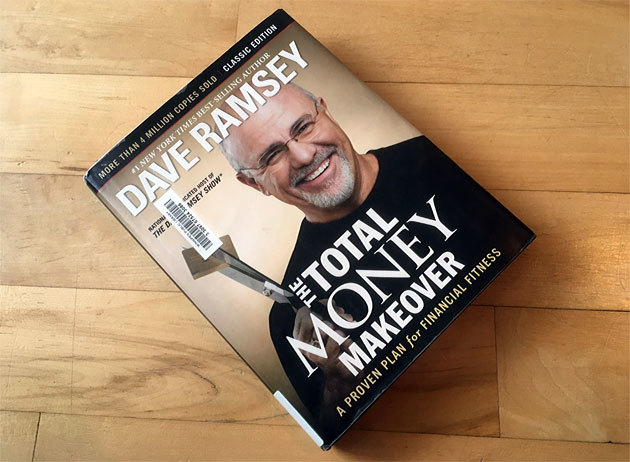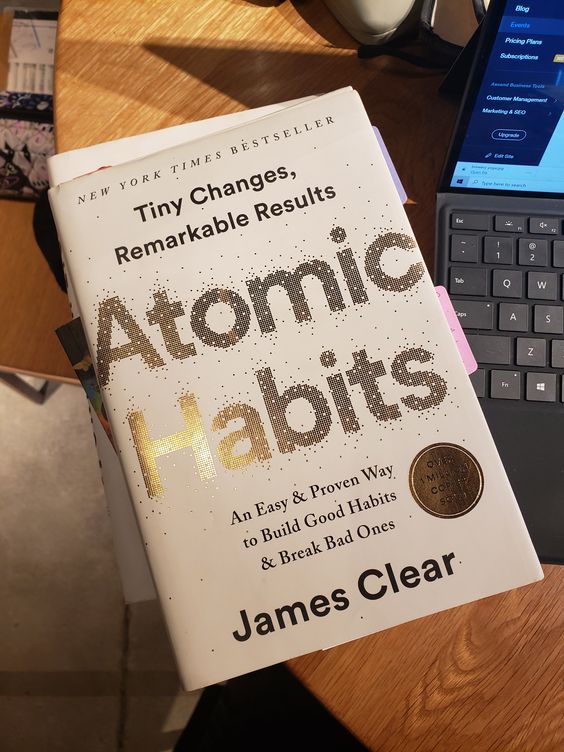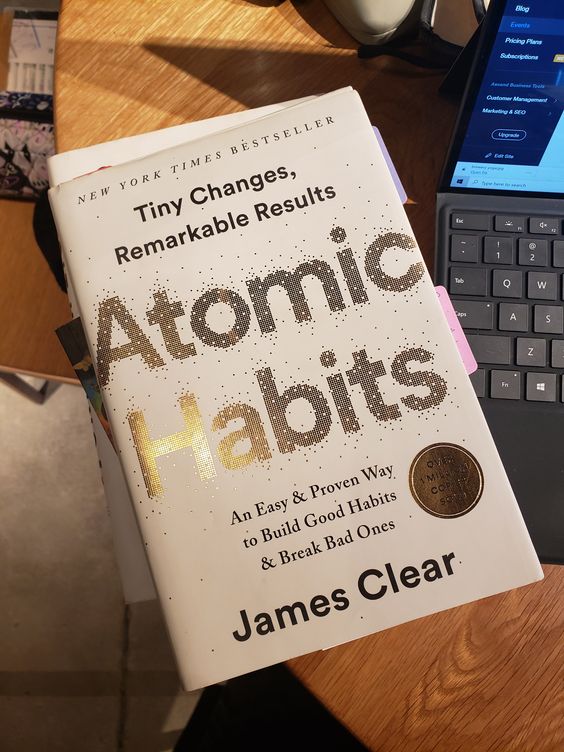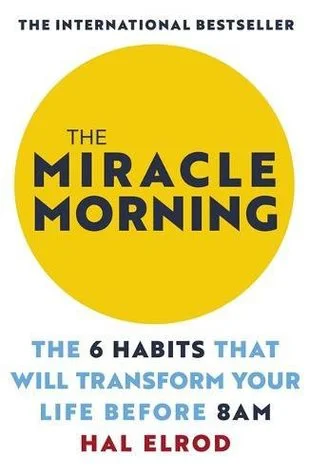The Secret Lives of Baba Segi’s Wives Best book Report

The Secret Lives of Baba Segi’s Wives is a narrative fiction novel published in 2010 by an African-born poet and book author Lola Shoneyin. Shoneyin was born and grew up in Ibadan, Nigeria. She would later join the Ogun State University, where she pursued law. Apart from this book, Shoneyin has published three volumes of poetry, and in 2021, she published the Nostalgia is an Extreme Sport book. Shoneyin’s main aim in writing this novel was to illuminate the deeply rooted aspects of Nigerian women in a marriage setup, the adversities they experience, the struggles to define themselves, and the fierce longing to defend those they love.
The novel showcases how the Baba Segi family unit is built upon dishonesties and secrets that keep the family together. The plot involves the lives of four women in a polygamous marriage setting in modern-day Nigeria. Firstly, Baba Segi is married to his three wives; Iya Segi, Iya Femi, and Iya Tope. The wives are illiterate similar to Baba Segi, and according to the traditions and customs, they have to bear children to earn a place in the family. From Baba Segi’s view, having a collection of wives and many children symbolizes prosperity. With his three wives and seven children, he bragged about his sexual prowess, which he terms as the definition of real manhood.
Everything seems to run smoothly until Baba Segi marries the fourth wife, Bolanle, a graduate. He pursued and married her to showcase his ability to lure a young educated girl. Even though she seemed a misfit in this polygamous household, Baba Segi also wanted to prove his fertility and sexual prowess. Upon her arrival as a fourth wife, the three wives plot conspiracies against her. They were particularly irked that Bolanle never volunteered to educate them. They also feared that she would blow out their secret. Why would women get married to a polygamous man?
Exploring the book, Baba Segi’s wives entered this polygamous union trying to find security. From the book, one learns that the women in Baba Segi’s life had undergone trauma and pain that changed their self-perception and view of self-worth. Unfortunately, women are never treated right since they are only viewed as human incubators.
For Iya Tope, the second wife, for example, seems to have been married out of necessity, but her life is elsewhere. With her extramarital affairs, she finds sexual satisfaction, and she never tries to dominate the household matters since they are not important to her. The unconventional dynamic works for the three wives before Baba Segi married the fourth one.
Bolanle is a fairly modern and progressive wife, and she does not have children. Like the three earlier wives, Bolanle has her reasons for entering into such a union even after warnings from her mother and close friends. Reading the book, one feels a sense of female autonomy and strength in Bolanle’s choices. Without reading the whole story, the reader would never understand why someone like Bolanle can get married to an illiterate Baba Segi. However, the confusion is critical for the novel’s plot and character development.
The book’s characters include Baba Segi, aka Mr. Alao. He is an illiterate but rich man who signifies the house’s authority. Allegorically, he represents a man. Mama Segi is the second character who seems like the real art woman in Baba Segi’s world. She is a dynamic woman and witty. Even when cheating, she always made Baba Segi feel like a master. Iya Tope is the third character. At first, she seems to be a timid woman. She was married off by her dad as remuneration after a poor harvest and seemed unconcerned with Baba Segi’s household affairs. Iya Femi is the fourth character with two children. She seems materialistic and occasionally teams up with Iya Segi to overcome Iya Tope.
The fifth character is Bolanle Baba Segi’s fourth wife. The beauty of education is seen in her. The reader also sees the beauty of her character over selfishness. In this novel, Bolanle reveals the secret that the four wives have been keeping for a long. The secret is that each of Baba Segi’s wives had extramarital affairs. As conditioned by society, they viewed themselves as human incubators. When they realized that they were not conceiving for Baba Segi, they had to get men elsewhere to impregnate them.
However, Bolanle never participated in such affairs, and occasionally, Baba Segi blames her for barrenness. Among the above characters, the most likable one is Bolanle. Even though she was educated and modern, she never cheated on her husband as other women did. The most dislikeable character is Baba Segi because of his chauvinistic nature. His view of women as babies’ incubators is also nauseating.
Book’s Themes/Ideas
Women’s Role in the Nigerian/African Culture
Firstly, the women’s role in the Nigerian culture seems to be glorified as human incubators. Women, in this case, are viewed as childbearing tools. Baba Segi seems to pride his sexual prowess and fertility with the first three wives. However, upon marrying Bolanle, who does not have extramarital affairs, she plans to impregnate her, which never happens quickly. She is given a stool or sometimes sits on the floor, unlike the other wives who sit on comfortable chairs in the living room.
According to the culture, women without children are relegated to sitting on the floor or a stool. From the way Baba Segi treats his wives, it is evident that the women’s humanity is intrinsically tied to their childbearing ability, so they go out, cheat and come back and keep their secrets to survive. The three wives had and bore children out of wedlock.
Sexual Politics
Another idea from “The Secret Lives of Baba Segi’s Wives” concerns sexual politics, which are omnipresent within this family. Examining the four wives, one notices that they grapple for attention and power. With their distinct secrets and childhood stories, the wives are drawn to the safety of Baba Segi’s home. While some are illiterate, one educated, some kind, some unkind and cruel, the wives are all struggling, and Shoneyin humanizes their cruelty. Through Shoneyin’s narration, the reader sees the vicious and cyclical patriarchalism determination to confine and silence strong and resilient women.
The book showcases the issues that many women are facing. In most cases, women are forced to adopt other people’s choices to survive. For example, the three wives’ actions against Bolanle and Iya Femi and Iya Segi’s actions to dominate Iya Tope are means of self-preservation and survival.
Patriarchal
Another theme explored in this novel is patriarchal, where power resides with men. While exploring Baba Segi’s household, the man does not care about the family dynamic or even his wives as long as things carry on peacefully. Baba Segi’s main aim in getting the fourth wife was to convince himself that he was still attractive enough to get a new young wife and fertile. When Bolanle stays for long before conceiving, he doubts her value to him. He argues that she was not doing her duty properly.
Beautiful Quotes from the Book
- “A real woman must always do the things she wants to do, and in her own time too. You must never allow yourself to be rushed into doing things you’re not ready for.” Exploring this statement, the Baba Segi’s women never owned their time. With intentions to fit into Baba Segi’s life, they had to look for ways to conceive, even though extramarital affairs, to earn their place in the family.
- “Only a foolish woman leans heavily on a man’s promises.” Exploring this quote, it is unfortunate that even today, many women only depend on men in their lives for livelihood.
- “When a plan does not go right, you plot again. One day you will succeed”. In this case, Iya Yemi teaches the readers that giving up is unallowed.
In conclusion, “The Secret Lives of Baba Segi’s Wives” Baba Segi’s family unit is built upon dishonesty and secrets. However, the secrets never last longer after Bolanle, the fourth wife, was married. As a faithful woman, she never engaged in extramarital affairs to conceive as other women did. The women were hostile towards her since they realized that she would unwittingly expose the secret they intended to protect at all costs. Baba Segi was impotent and all their children were born out of wedlock.





